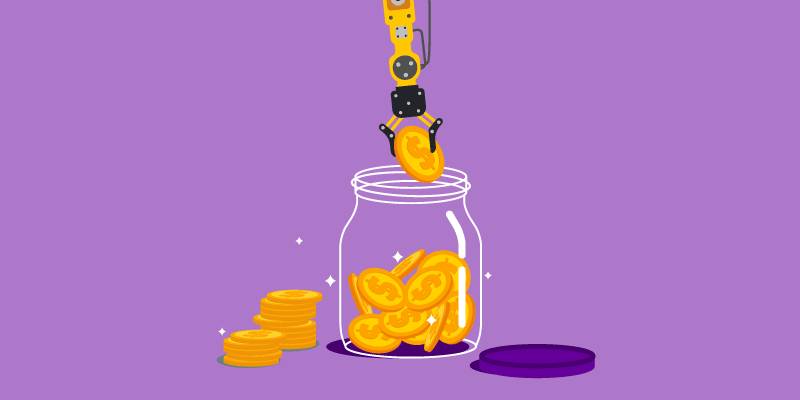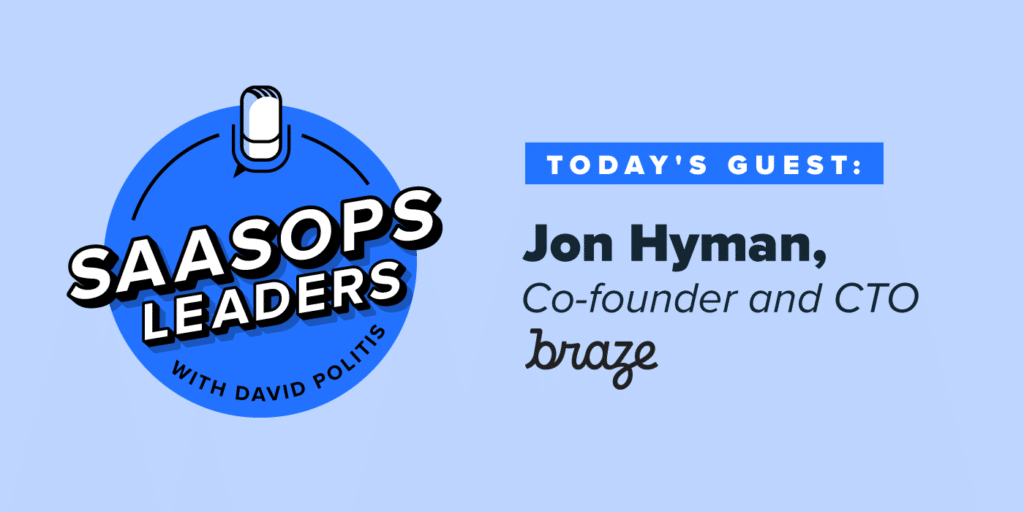What If Chat Overtakes Email in the Workplace?
January 21, 2021
4 minute read

Last year, our CEO David Politis sat down for a wide-ranging chat with Bharat Mediratta, CTO of Dropbox. There are a lot of reasons that you should check it out, but during the Q&A section of their conversation, someone in the (virtual) audience asked if email will continue to beat chat applications like Slack until they work together seamlessly.
To sum up both Politis’ and Mediratta’s initial reaction to the question: Don’t count on email and chat applications working together—at least until someone decides to build it.
A lot of folks here at BetterCloud will tell you that I’ve been thinking about this question for months. So to ring in 2021, I’m going to take pen to paper and explore how close Slack is coming to beating email. I’ll also share what I’ve learned from some experts across the company who have helped me understand what it would mean for IT if a chat application made email redundant.
Is chat really beating email?
On the surface, there’s a lot of data that suggests that Slack is beating email pretty handily. In 2016, Walt Mossberg wrote an article for The Verge in which he argued that Slack beats email, but still needs to get better.
“At its public launch in February 2014, it had 17,000 users. As of April 1st, 2016, that number had rocketed to 2.7 million daily active users,” Mossberg wrote. “Though it has plenty of competitors, Slack claims to be the ‘fastest-growing business application in history.’”
I don’t need to tell you that Slack’s daily active user count has continued to explode. Last year, Tom Warren of The Verge reported that as of May 2020, Slack’s concurrent users had reached 12.5 million. MarketWatch also reported that the average active usage of Slack is upwards of one billion minutes per day.
Those are staggering numbers. But check out Statista’s latest data on email users around the world:
According to Statista’s latest data, approximately 281 billion emails were sent in 2018. By 2023, Statista projects that figure will increase to over 347 billion emails. So even though chat applications are ubiquitous, they’ve also got a lot of catching up to do if one of them truly wants to beat email.
A world without email
OK, we’ve established that email isn’t going away anytime soon. But for the sake of this exercise, let’s imagine that we live in a world where Slack or a similar application was so good and beating email so badly that we could ditch our traditional inboxes forever. What would that mean for IT and security professionals?
I asked a few people here at BetterCloud that exact question and it turned out to be a complete nonstarter. To get to a place where a chat application is more than a complement to email, someone would have to figure out how to navigate all the nuances of data protection in the workplace. And as you probably know, the constant onslaught of new data protection laws make it really difficult to secure your SaaS apps and stay compliant.
We’ve written a number of times that most SaaS applications are insanely easy for any user to sign up for. We’ve also written about how each new application introduces an endless number of security risks. Now, imagine what it would mean if one of those SaaS applications is the primary way in which people across your organization share sensitive information. As some organizations have learned the hard way, the SEC will come a-knockin’ if you’re not on top of things.
In 2019, Gennie Gebhart wrote an opinion article for the New York Times in which she argued that using Slack in its current iteration could put your data at risk. Gebhart added, “That data is not end-to-end encrypted, which means Slack can read it, law enforcement can request it, and hackers—including the nation-state actors highlighted in Slack’s S-1—can break in and steal it.”
OK, fine—Slack or any other chat application is unlikely to make email redundant. But I still wanted to know what it would mean for IT if one of those apps did make email go away forever. The folks I’ve spoken to here at BetterCloud identified three specific areas that IT and security professionals would be concerned about:
- Managing the volume of Slack messages sent. Currently, it’s impossible to monitor if or when improper communication occurs, unless you have additional software.
- Managing all Slack workspaces across your organization centrally. If you’re not properly managing access, you could easily find that ex-employees can access your Slack instance—and in a world where sensitive information is flung around willy-nilly, that becomes a huge issue.
- Staying up to date on compliance. Some forward-thinking companies might champion replacing email with Slack, but there are some pretty serious roadblocks. Most notably, the SEC requires business-related messages to be archived and accessible to legal entities—which Slack does allow you to do fairly easily, but regulations around this seem to change on a constant basis.
It’s no secret that a lot of people share some really sensitive data over Slack. But as much as some would like it to be the only way we communicate with our coworkers, it would have some serious implications on IT and security teams. How do you manage and secure an application that’s as easy to use as AOL Instant Messenger was in the 90s? And more importantly, is it worth the hassle?
Final thoughts
I’m finishing up this draft as I chat with my manager over Slack. I like Slack and I hope that this article doesn’t misconstrue that. In many cases, I wish some emails would be short Slack messages—but if I’m being honest, there are also times when I also wish for the opposite.
Still, I think it was a fun exercise to explore what would happen if a chat application suddenly made email obsolete. And while I still laugh at the fact that email is shorthand for “electronic mail” sometimes, there’s no denying that it’s an essential tool for any enterprise.
But as we’ve seen over the last few years, so is Slack—and as Politis and Mediratta mentioned in their webinar last year, we shouldn’t be surprised if someone figures out a way to build interoperability between the two tools.
Still convinced that chat apps will overtake email someday? What’s your plan for reining them in? Schedule a demo to see how BetterCloud gives you an all-in-one platform to rein in all those chat apps.







